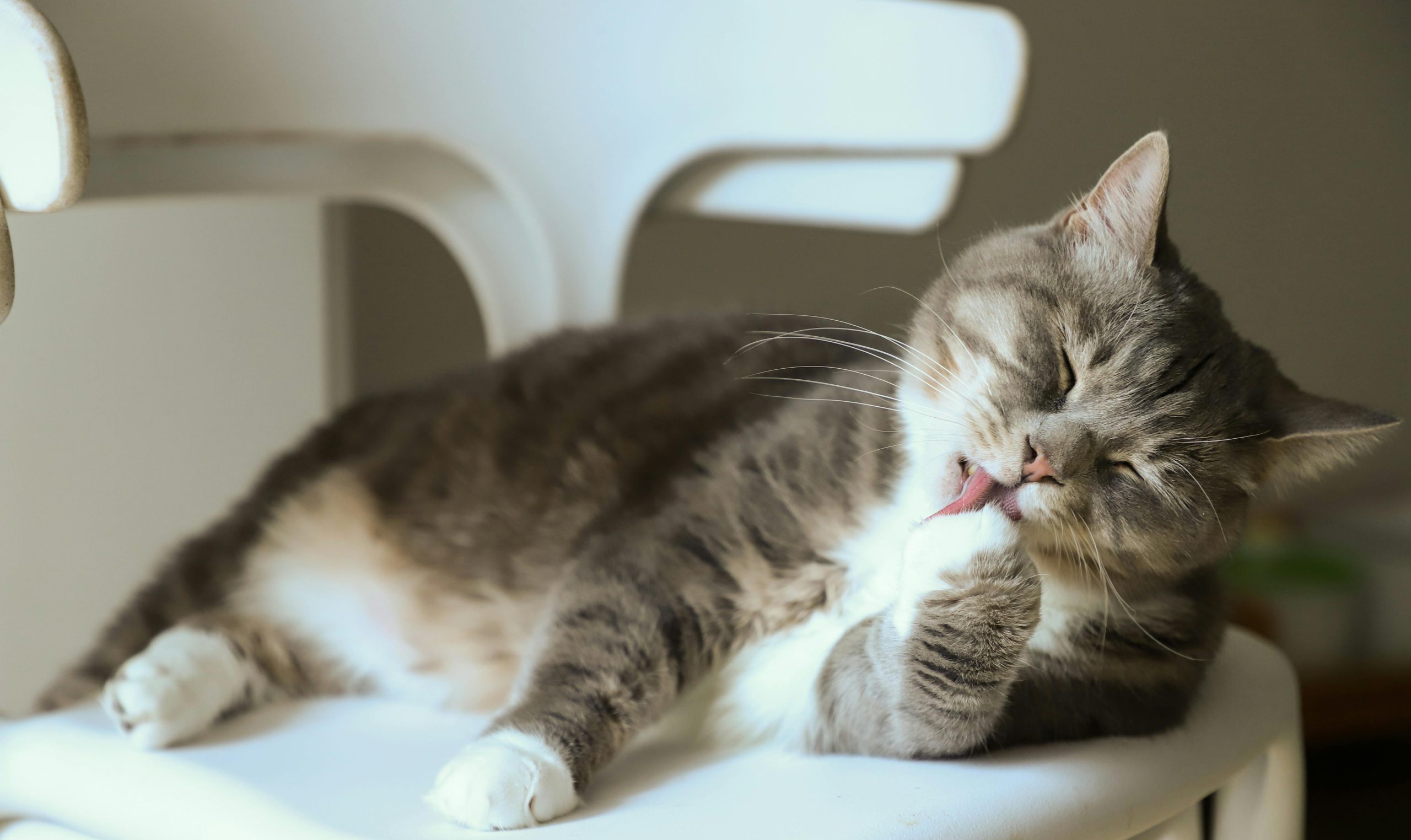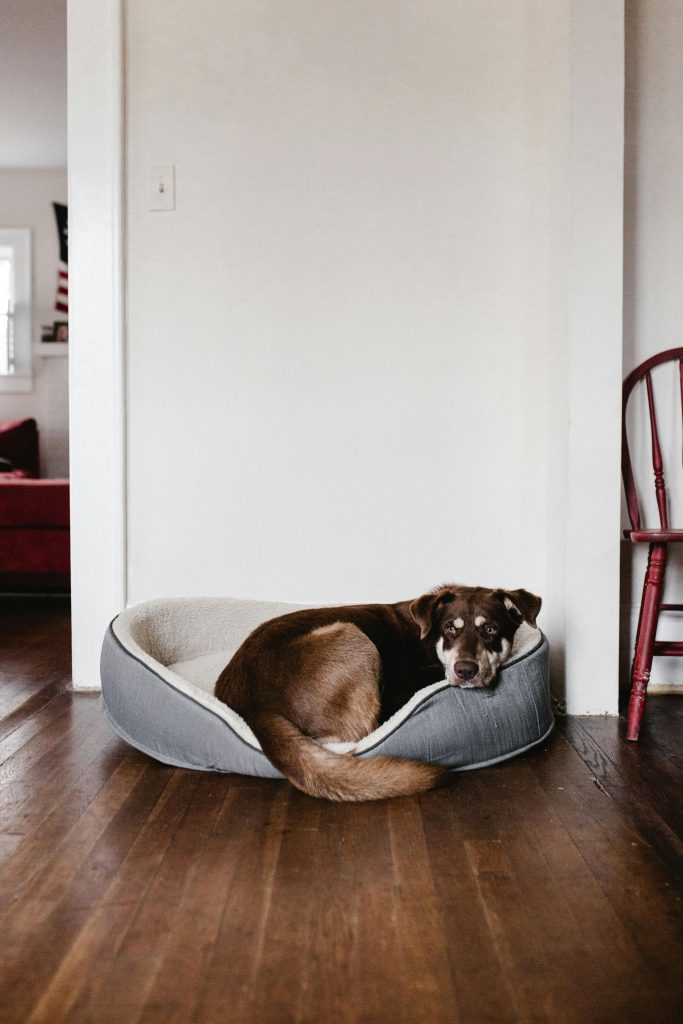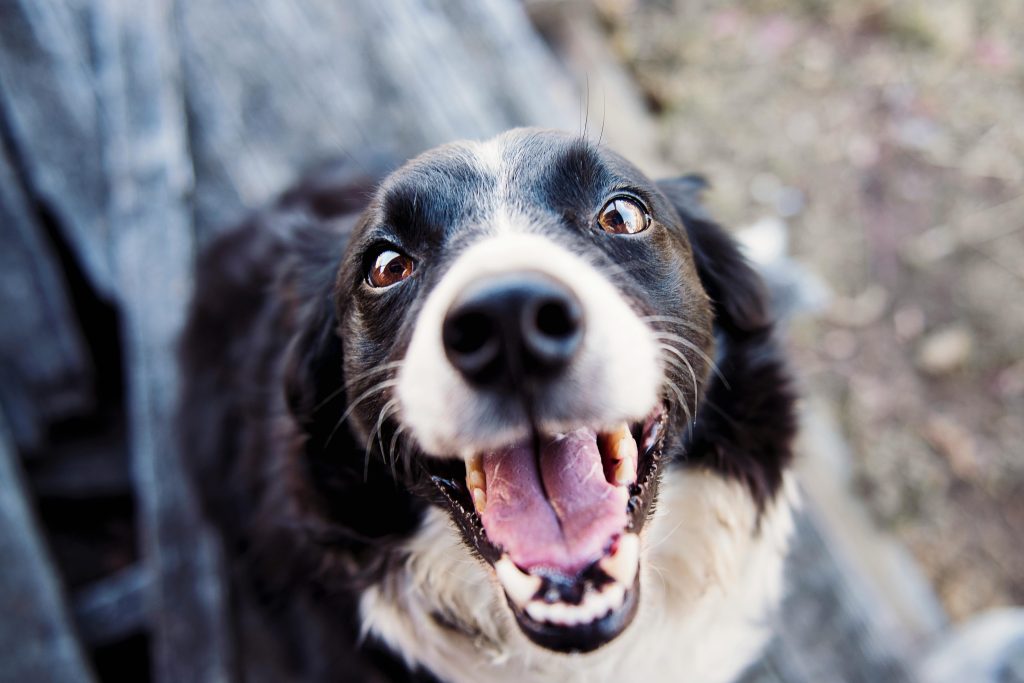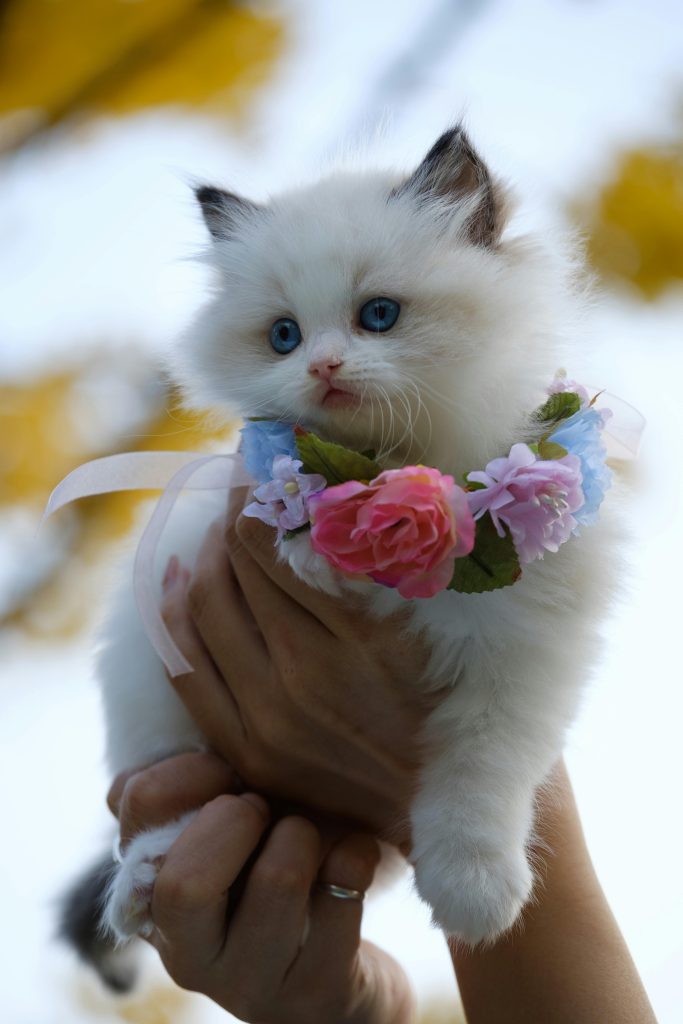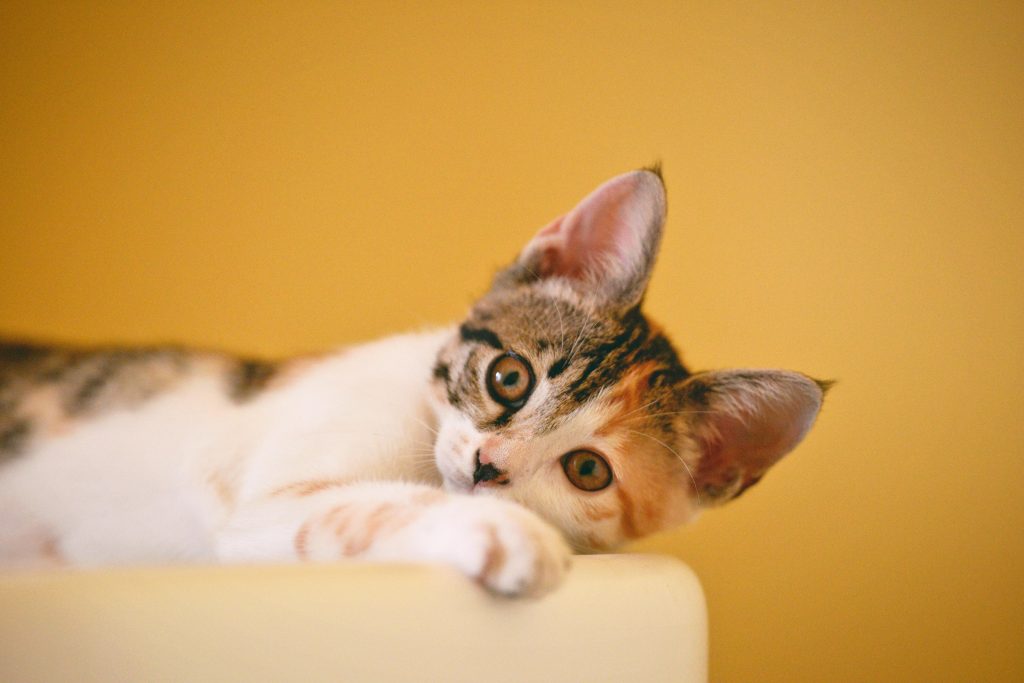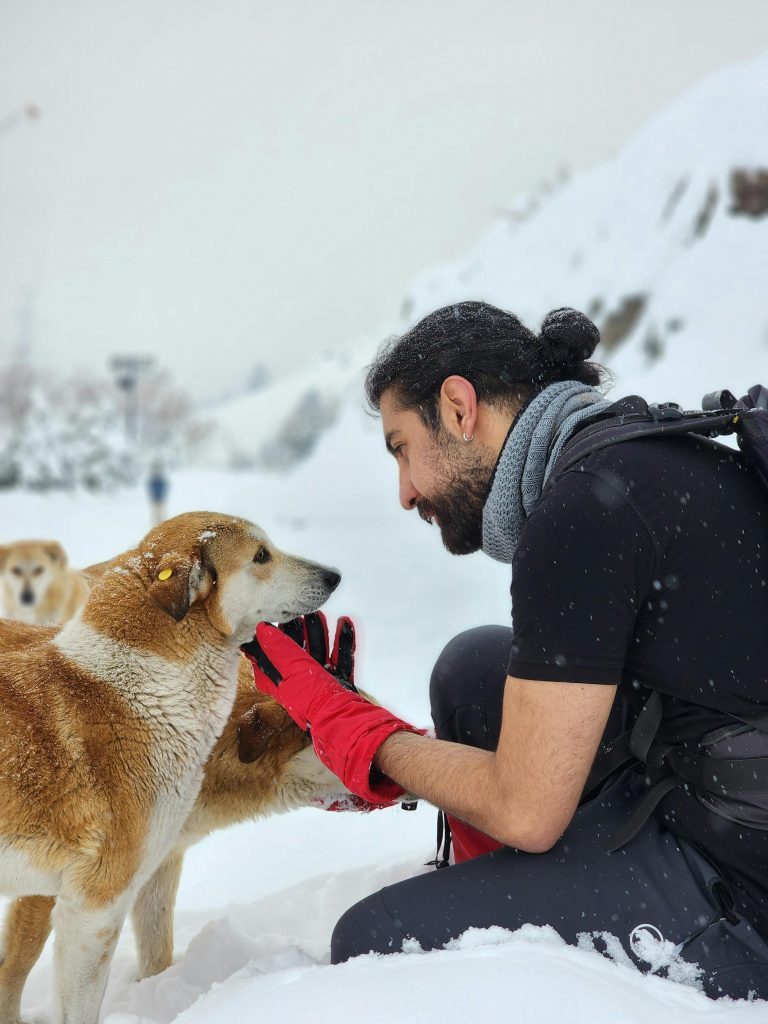Pneumonia is a respiratory condition that affects the lungs of pets, just as it does in humans. It occurs when the lungs become inflamed due to infection or irritation, leading to difficulty breathing and other concerning symptoms. As a pet owner, it’s crucial to recognize the signs of pneumonia and seek prompt veterinary treatment to ensure your furry friend’s well-being.
Pneumonia in pets can be caused by various factors, including:
- Viral infections: Respiratory viruses like canine influenza, feline calicivirus, and feline herpesvirus can predispose pets to pneumonia.
- Fungal infections: In some cases, fungal organisms can lead to pneumonia, especially in pets with weakened immune systems.
- Aspiration: When pets accidentally inhale foreign materials, such as vomit or water, it can cause aspiration pneumonia.
- Underlying conditions: Certain medical conditions, like heart disease, cancer, or immune system disorders, can increase a pet’s risk of developing pneumonia.
Symptoms of Pneumonia in Pets
The signs of pneumonia in pets can vary depending on the severity and underlying cause. Common symptoms include:
- Coughing: Persistent or productive coughing is often one of the first signs of pneumonia.
- Difficulty breathing: Pets with pneumonia may exhibit rapid or labored breathing, open-mouth breathing, or exercise intolerance.
- Lethargy: Pneumonia can cause pets to feel tired and less active than usual.
- Loss of appetite: Sick pets may lose interest in food due to the illness.
- Fever: Some pets with pneumonia may have an elevated body temperature.
- Nasal discharge: In some cases, pets may have a runny nose or discharge from the eyes.
Diagnosis and Treatment
If you suspect your pet buddy has pneumonia, it’s essential to seek veterinary care immediatly. Your veterinarian will likely perform a physical examination and may recommend diagnostic tests such as chest X-rays, blood work, and respiratory samples to identify the underlying cause.
Treatment options for pneumonia in pets typically involves a combination of therapies, depending on the severity and cause of the condition:
- Antibiotics: If the pneumonia is caused by a bacterial infection, your veterinarian will prescribe appropriate antibiotics to fight the infection.
- Antiviral medications: For viral pneumonia, antiviral drugs may be prescribed to help manage the symptoms and support the pet’s recovery.
- Oxygen therapy: In severe cases, pets may require supplemental oxygen to improve their breathing and oxygenation.
- Fluid therapy: Intravenous fluids may be administered to help keep pets hydrated and support their overall health.
- Supportive care: Depending on the pet’s condition, additional supportive care, such as appetite stimulants, cough suppressants, or bronchodilators, may be recommended.
Prevention and Care
While pneumonia can affect any pet, certain factors may increase the risk, such as young or old age, weakened immune systems, and exposure to respiratory irritants or any infections.
Young pets, especially puppies and kittens, have developing immune systems that makes them more susceptible to infections that can lead to pneumonia. Similarly, older pets may have weaker immune defenses, making them more vulnerable to pneumonia.
Pets with compromised immune systems due to conditions like cancer, autoimmune disorders, or certain medications are also at higher risk of developing pneumonia. These pets may have a harder time fighting off respiratory infections, allowing them to progress to pneumonia more easily.
Exposure to respiratory infectious agents can also increase the likelihood of pneumonia. Smoke, dust, mold, and other airborne pollutants can irritate the respiratory system and make pets more prone to infections. Additionally, exposure to other pets with respiratory illnesses or environments with high concentrations of infectious agents can increase the risk of contracting respiratory infections that may lead to pneumonia.
To help prevent pneumonia in your pet, consider the following:
- Vaccination: Keeping your pet up-to-date on recommended vaccinations can help protect against certain respiratory infections that can lead to pneumonia. Vaccines help prime the immune system to recognize and fight off specific infectious agents.
- Avoid exposure: Limit your pet’s exposure to cigarette smoke, dust, mold, and other respiratory irritants that can predispose them to respiratory issues. Keep their living environment clean and well-ventilated, and avoid situations where they may be exposed to high levels of airborne pollutants.
- Proper grooming: Regular grooming and ear cleaning can help prevent infections that may lead to pneumonia. Matted fur or excessive buildup of wax and debris in the ears can create conditions conducive to bacterial growth and infections.
- Prompt treatment: If your pet shows signs of a respiratory illness, such as coughing, sneezing, nasal discharge, or difficulty breathing, seek veterinary care promptly. Early treatment of respiratory infections can help prevent potential complications like pneumonia.
Pneumonia can be a serious condition in pets, but with proper diagnosis and treatment, many cases are treatable, and pets can make a full recovery. By being aware of the signs and taking preventive measures, you can help protect your furry companion’s respiratory health and overall well-being.


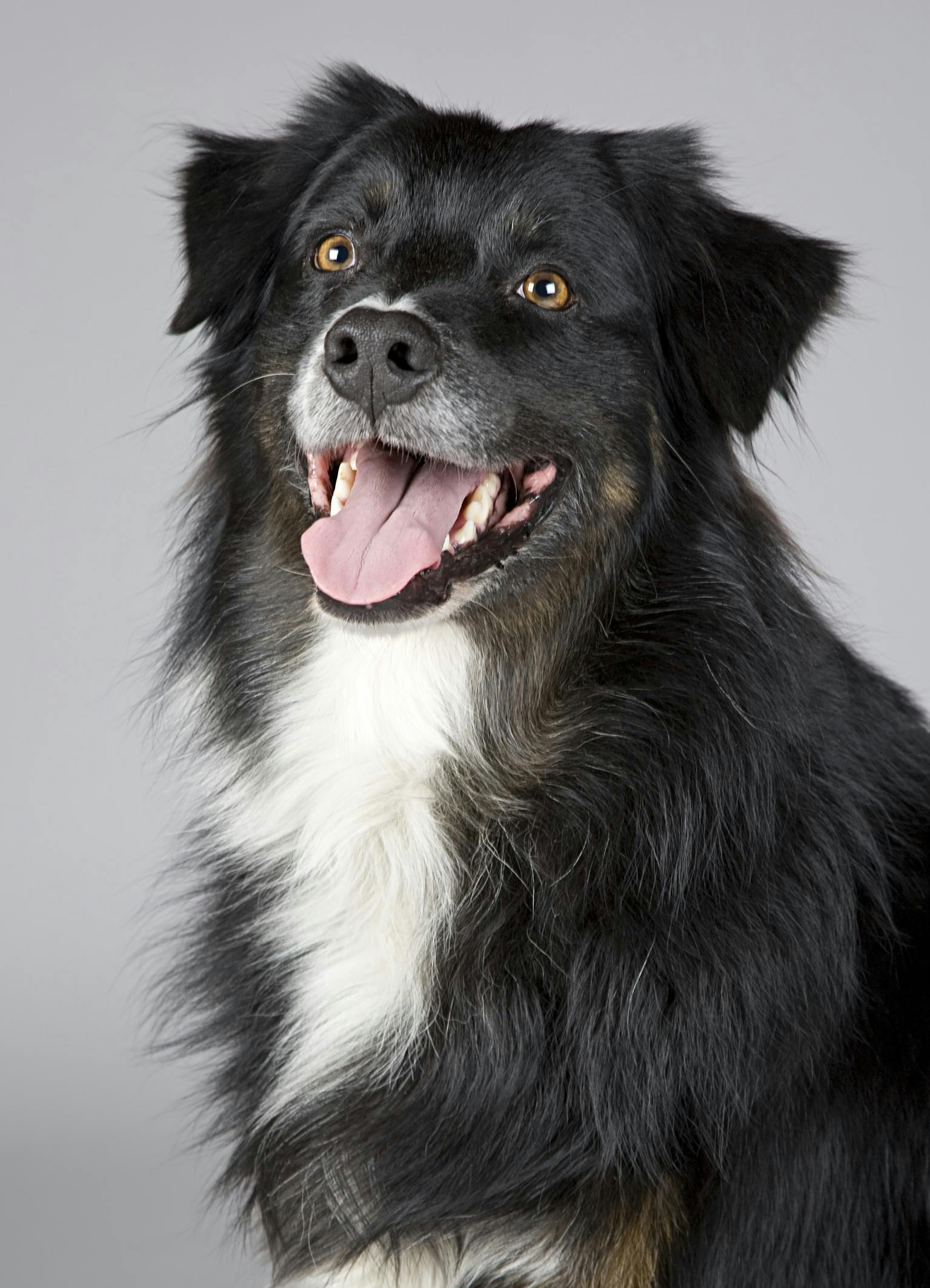
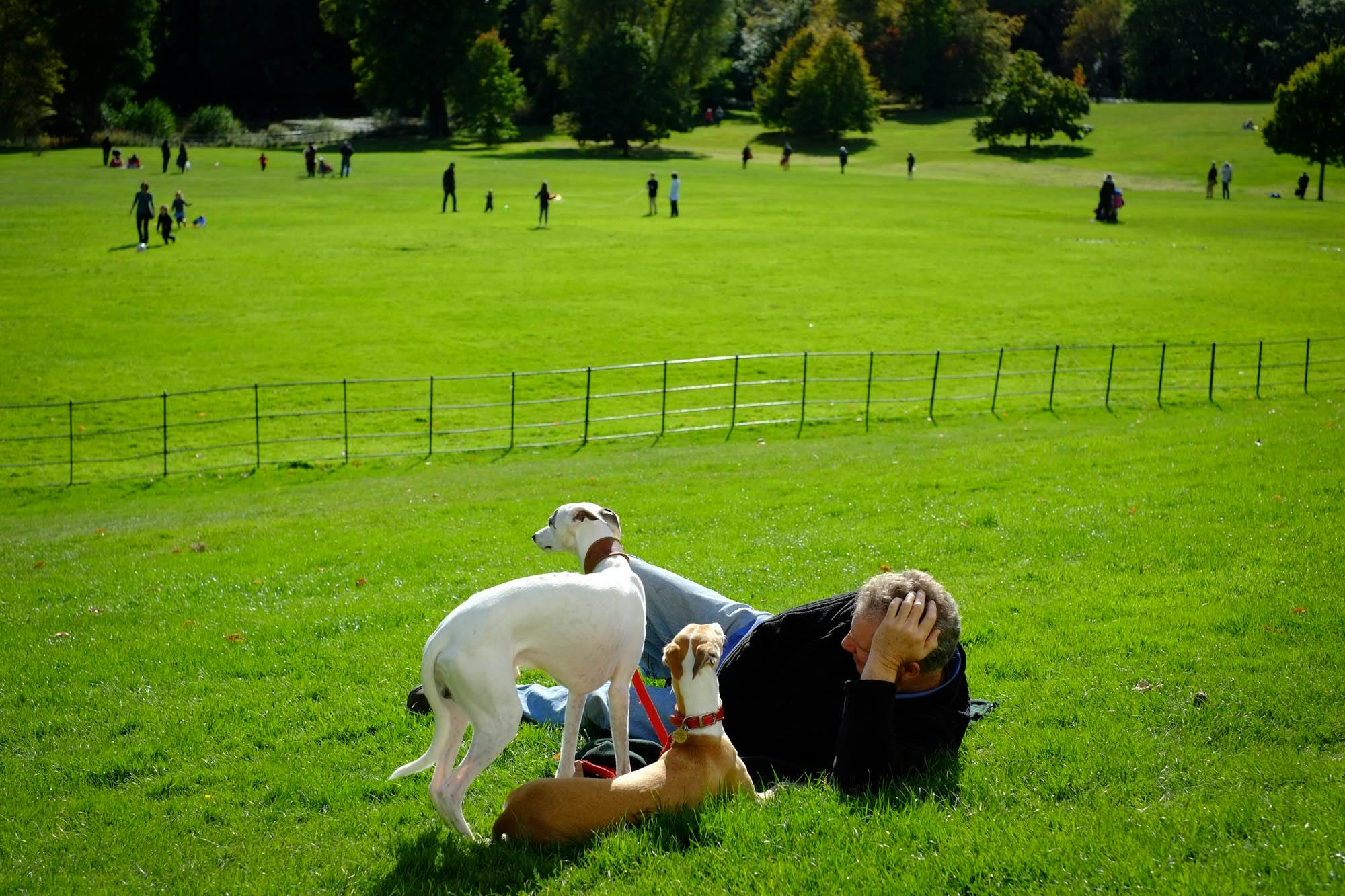
 Unlimited access and follow ups for continuous pet care
Unlimited access and follow ups for continuous pet care 